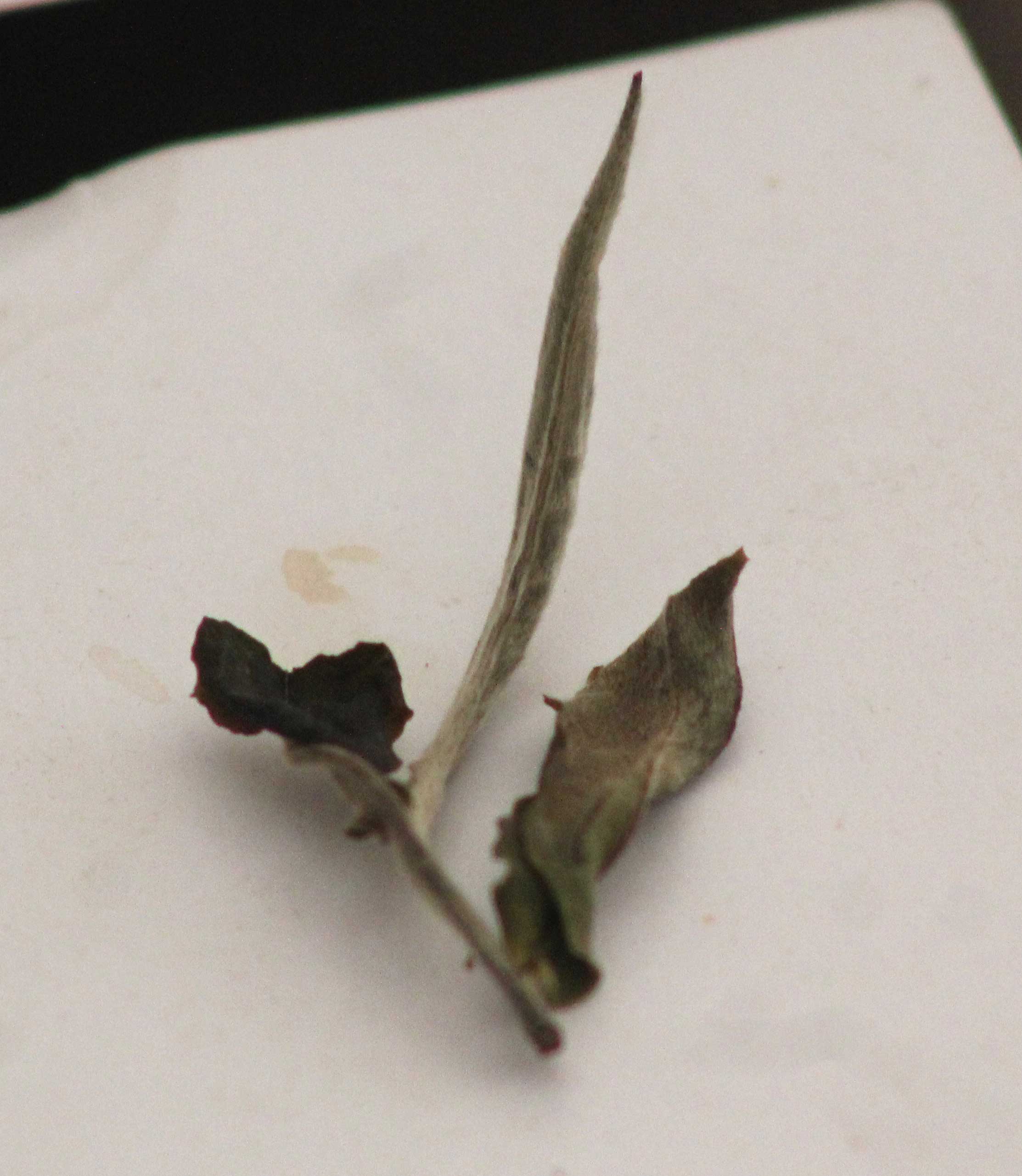 When the author of A Village Called Self-Awareness taught school at the Spiti Children’s Home School Munsel-Ling, in the north Indian Himalayas a few years ago, he kept detailed notes on his experience. Notes about all aspects of teaching English to the Tibetan Buddhist children of the district of Spiti. Notes about daily life in his host village of Rangrik. Notes on his attraction to the Dharma - Tibetan Buddhism. Notes on the town drunks, public health, pedagogical philosophy, monastery monks and former monks, fellow teachers, and the personalities and prospects of his many students, many of whom shared the same name. “Seventeen of my hundred and eleven pupils are called Tenzin. How am I supposed to tell the difference between them?” he asks. Notes on the arrival and departure of myriad visitors, and about his stone cold room on winter mornings, and the food he ate, and the virtues of meditation. Notes on weddings, murder and death rituals, on runny-noses and on dirty faces, and on that aspect of life so important to virtually all schoolboys in South Asia: sports.
When the author of A Village Called Self-Awareness taught school at the Spiti Children’s Home School Munsel-Ling, in the north Indian Himalayas a few years ago, he kept detailed notes on his experience. Notes about all aspects of teaching English to the Tibetan Buddhist children of the district of Spiti. Notes about daily life in his host village of Rangrik. Notes on his attraction to the Dharma - Tibetan Buddhism. Notes on the town drunks, public health, pedagogical philosophy, monastery monks and former monks, fellow teachers, and the personalities and prospects of his many students, many of whom shared the same name. “Seventeen of my hundred and eleven pupils are called Tenzin. How am I supposed to tell the difference between them?” he asks. Notes on the arrival and departure of myriad visitors, and about his stone cold room on winter mornings, and the food he ate, and the virtues of meditation. Notes on weddings, murder and death rituals, on runny-noses and on dirty faces, and on that aspect of life so important to virtually all schoolboys in South Asia: sports.
One of the first questions his students asked him on Day One was “Do you like cricket, sir?” Benti Banach was at a disadvantage. It was obvious that how he answered the question would certainly determine how he would be perceived and accepted (or not) by his young charges. He had come to Spiti to teach English and explore the practice and meaning of Tibetan Buddhism, in an exotic place that he has described simply as a “curve in the Himalayas.” And the first thing the students want to know is what sport is ‘best’? Of course he liked sports, but what did he know about cricket? And what did cricket have to do with classrooms full of wide-eyed boys and girls learning English?
It turns out that this Dutch schoolteacher, adrift as a stranger in the high Himalayas, didn’t know much about cricket, even less about The Netherlands’ national cricket team. But his students did, and the which-sport-is-best theme occurs several times through the book. It is a motif against which he paints a remarkably rich and poignant picture of life in Spiti, day by day, season by season, crisis to crisis, festival to festival, game by game. It is a book as much about discovering the ups and downs of life in a remarkable little community near the roof of the world as it is about discovering oneself. In the end, he concludes: “If I have fallen short in improving their English, I perhaps have had a small influence on their preference of sports.”
The book has 20 chapters covering a great deal about life in Spiti, with wit and insight. It is all about what he taught his students, and about what he learned about them and their community and himself in the process. A lot, it turns out. There are also several pages of photos, many showing of his friendly students, smiling and being silly or somber and being serious at their prayers at the start of each school day.
Spiti Valley comes over in this book as a fascinating yet difficult place for a European seeker after the Dharma to live and teach. It is a long way from anywhere else, he finds out. “The name Spiti,” he writes, “is often explained as ‘land of the middle’, a country between India and Tibet, or the country between the two mediaeval Tibetan kingdoms of Ladakh and Guge, in West-Tibet.” In the end, however, he concludes that it is difficult to know precisely what that means: “Tibetan scholars accept the name as being innate and impossible to deduce.” In some ways (like the sports question) the meaning of life in Spiti and of Banach’s own richly detailed experiences there are equally difficult to deduce. However, he has written a great story about how he lived it, day by day.
Benti Banach’s A Village Called Self-Awareness is a remarkable memoir.
Vajra Publications (Vajra Bookstore), Jyatha/Thamel, Kathmandu; 256pp., illustrated; NRs.800. The reviewer is an occasional contributor to ECS Nepal magazine. He can be contacted at neale.bates@gmail.com
Some lesser-known vegetable dishes from the southern plains
I’m not a vegetarian but I love vegetables. And whenever I get to the southern plains of Nepal, I try...









